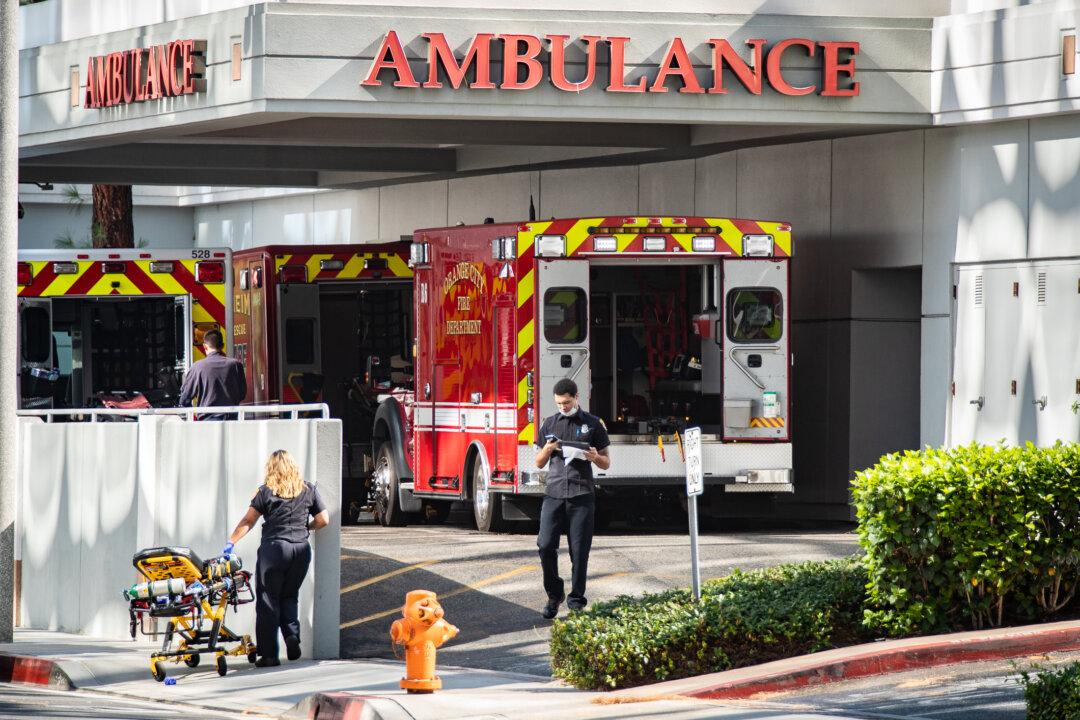Under a new temporary guideline to combat the surge in COVID-19 patients, the California Department of Public Health (CDPH) will allow health care workers to work if they’ve tested positive for COVID-19.
The new order will run until Feb. 1, and it only applies to asymptomatic cases. It was issued because of the spread of the Omicron coronavirus variant, which has caused staffing shortages in all sectors, including nursing. The spread is beginning to cause most hospitals to fill capacity.





